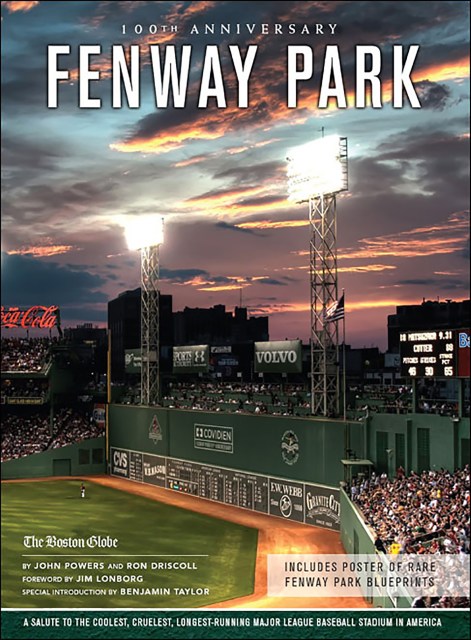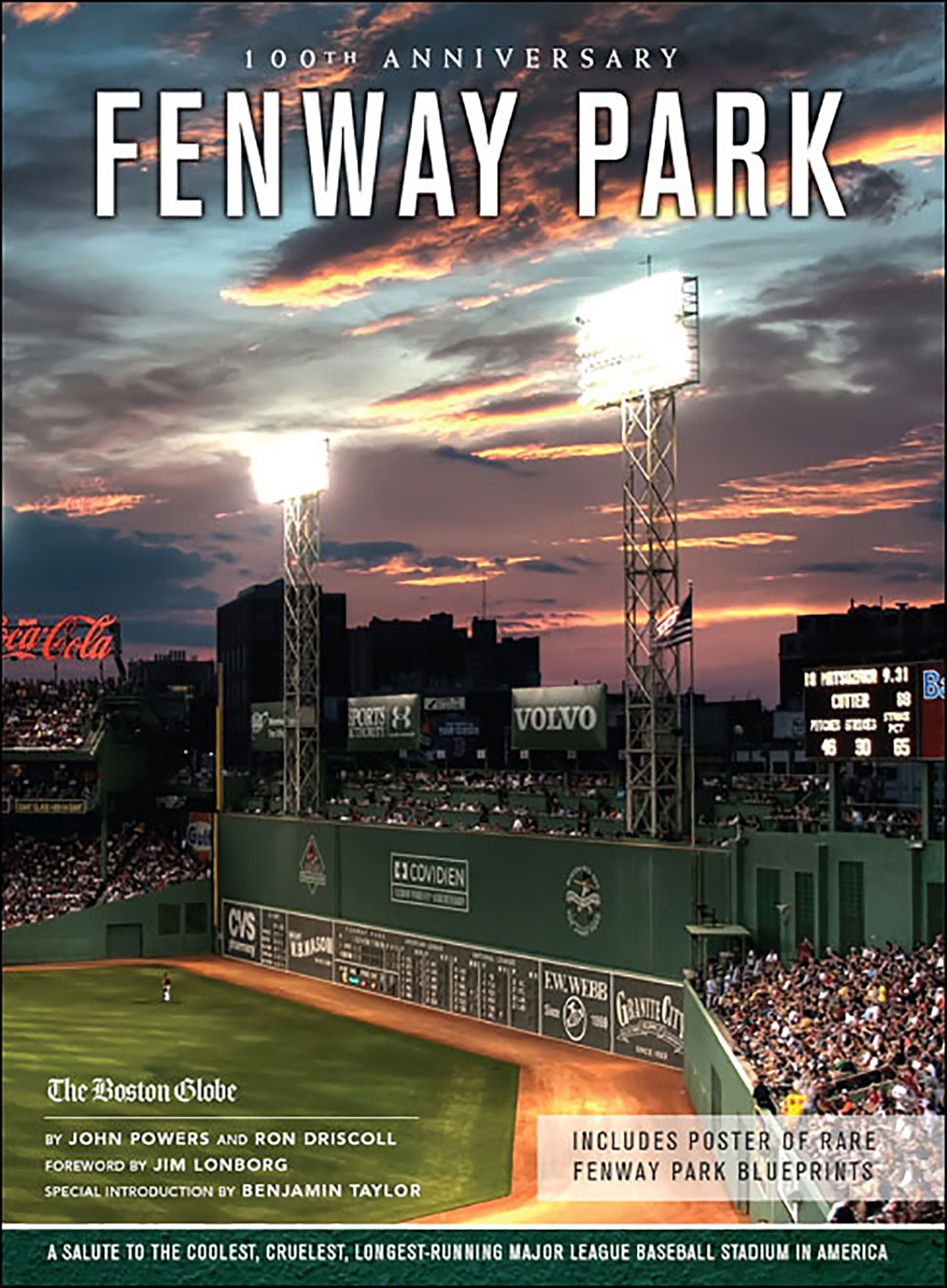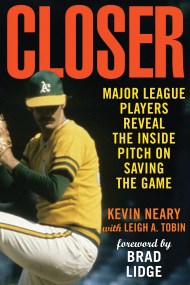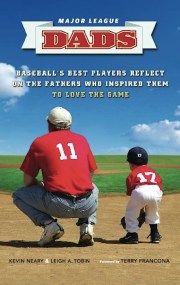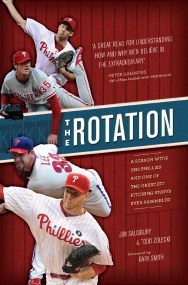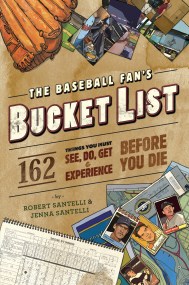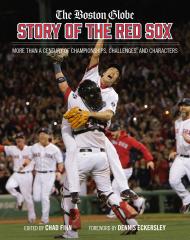Promotion
Use code MOM24 for 20% off site wide + free shipping over $45
Fenway Park
A Salute to the Coolest, Cruelest, Longest-Running Major League Baseball Stadium in America
Contributors
By John Powers
By Ron Driscoll
Formats and Prices
Price
$20.99Price
$26.99 CADFormat
Format:
ebook $20.99 $26.99 CADThis item is a preorder. Your payment method will be charged immediately, and the product is expected to ship on or around March 6, 2012. This date is subject to change due to shipping delays beyond our control.
Also available from:
This is Fenway Park, the complete story, unfiltered and expertly told.
Genre:
- On Sale
- Mar 6, 2012
- Page Count
- 272 pages
- Publisher
- Running Press
- ISBN-13
- 9780762444908
Newsletter Signup
By clicking ‘Sign Up,’ I acknowledge that I have read and agree to Hachette Book Group’s Privacy Policy and Terms of Use
